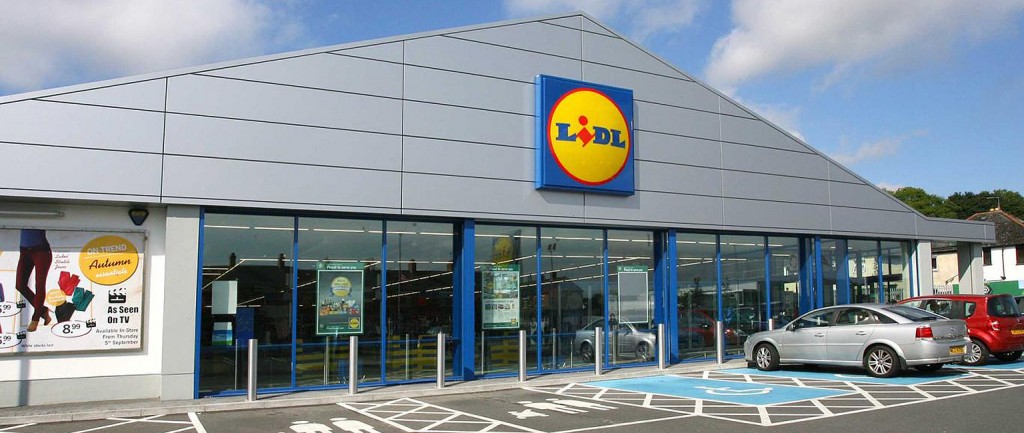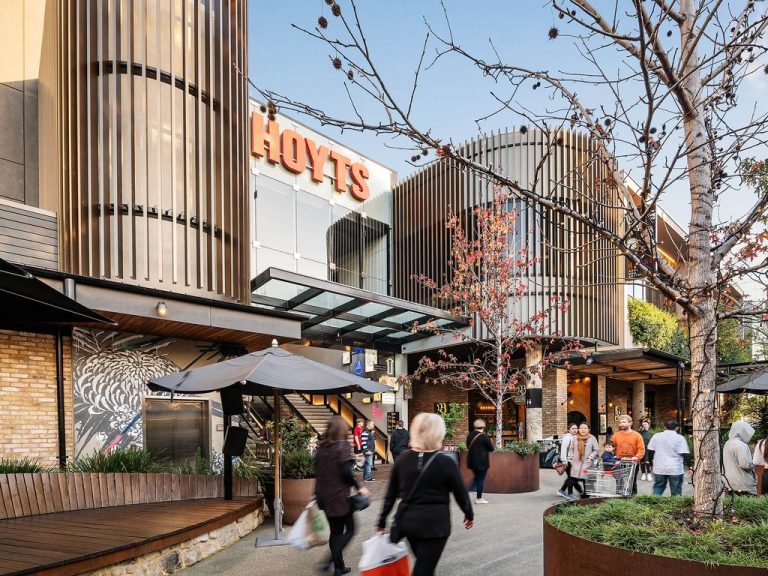The game-changing global stores coming to your city

These are the global retailers that are poised to take Australia by storm, as the local market undergoes a period of significant transformation.
A Colliers International report into the Australian retail industry says major retailers such as Myer, David Jones, Target, Big W and Kmart are being forced to evolve as more and more international brands begin muscling in on their turf.
Colliers International head of retail Michael Bate says that while global chains such as supermarket outlet Aldi and fashion store H&M have already made a significant impact on the local market, it’s only the beginning.
The absence of entities such as Myer leave sizeable volumes of space within shopping centres
“Our retail landscape has changed significantly in recent years, but that’s nothing on what we’re going to see in the coming years,” Bate says.
They’re coming: Australia next as luxury retailers top out in Asia
“The march of international retailers into our country is nothing new, but the second, third and fourth wave of these will continue to come. Australia’s savvy consumers know these global brands, making their move into the Australian market an easy one.”
Among the major international retailers tipped to make the biggest waves in the local retail market are:
Lidl
Yet to reach Australia but not too far away, Lidl is a German supermarket chain with more than 10,000 stores across Europe. Listed by Deloitte as the world’s fourth largest retailer, Lidl is expected to following Aldi’s successful model for global expansion and begin snapping up sites for its Australian stores shortly.
Mr Price
South African retailer Mr Price (known in Australia as MRP) has already landed, with Victorian stores at Melbourne Central and Eastland Shopping Centre opening in October. But that’s likely to be merely the beginning. The brand has 1000 stores in Africa and South Africa, selling clothing, accessories, homewards and furniture, as well as having a significant online sales component, and is tipped to make major waves in Australia. “MRP will likely cause headaches for brands such as Big W, Target, Dotti, Jay Jays and Just Jeans,” Colliers’ report says. “Its omni-channel strategy and appetite for bricks and mortar stores will provide demand for sites within shopping centres and standalone sites in our view.”

TJX has bought up the Trade Secret chain. Picture: Spencer Outlet Centre
TJ Maxx
Owned by US company TJX, TJ Maxx paid $80 million to buy Australian discount fashion and homewards store Trade Secret. Trade Secret already has 35 stores nationally and Colliers says TJX plans to open up to 10 stores a year for the next 10 years, enabling it to compete with David Jones, Myer, Target, Big W and Kmart.
Steinhoff- Pepkor
Owner of furniture brands Freedom Group, Snooze and Poco, Steinhoff International Holdings paid $6.7 billion to buy South Africa’s Pepkor Holdings late last year, bringing variety store chain Harris Scarfe into its portfolio. Colliers says that while that acquisition will allow those brands to put more pressure on retails giants like Myer and Harvey Norman, it could also lead to other international brands landing in Australia. “For example, British department store Debenhams has struck a deal to sell a selection of its private label lines through the Harris Scarfe chain, or even potentially look at converting existing Harris Scarfe stores into Debenhams shops,” the report says.

Lidl is expected to follow Aldi’s formula for Australian success
Bate says Myer and David Jones are already feeling the heat, with Myer downsizing its store portfolio, including a complete withdrawal from Top Ryde Shopping Centre in Sydney’s north-west, as well as four stores in country Victoria and New South Wales.
“Myer and David Jones have been two of our most significant retail occupiers for decades. They have controlled a huge portion of the most sought-after, highest visibility retail space across the country. With their rationalisation of space comes a huge opportunity for the emerging brands to establish themselves in well-located retail spaces with good foot traffic and exceptional visibility,” Bate says.
In what shapes as a potential boon for Australia’s property market, the expansion of international retailers means those brands will be seeking space to buy and lease in most capital cities.
“The absence of entities such as Myer leave sizeable volumes of space within shopping centres, and in our view, this rationalisation will pave the way for other key anchors looking to expand their network,” Colliers’ report says.
“If discount operator Lidl enters the Australian market, sourcing appropriate floor capacity will be crucial to its entry strategy. News of shopping centre vacancies will likely present opportunities for discount supermarket operators such as Lidl and Aldi together with other new entrants looking to enter the Australian market.”







